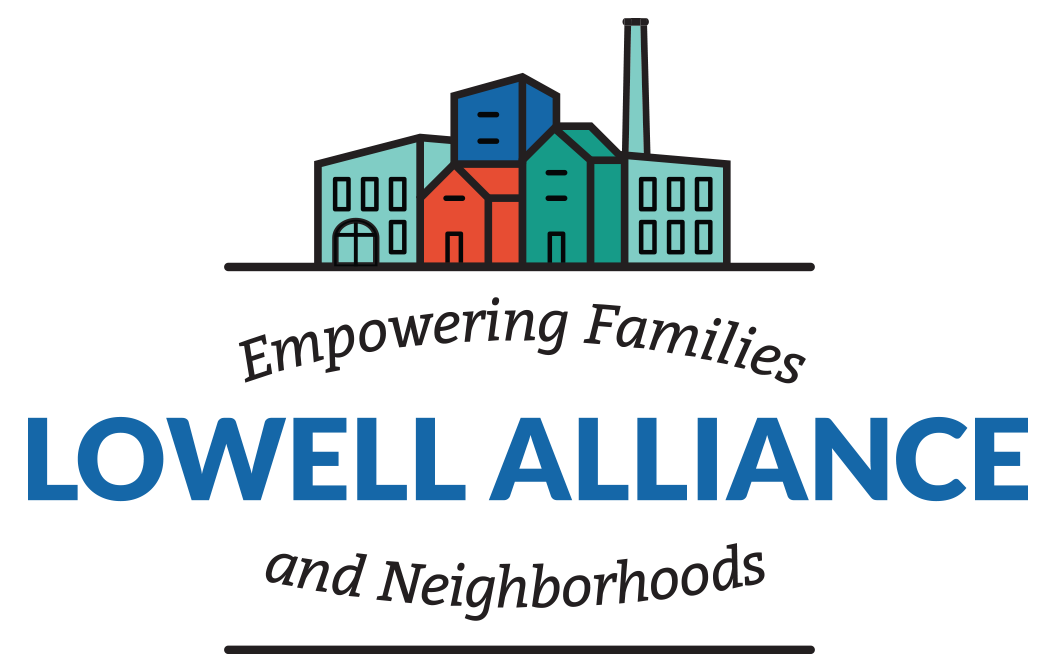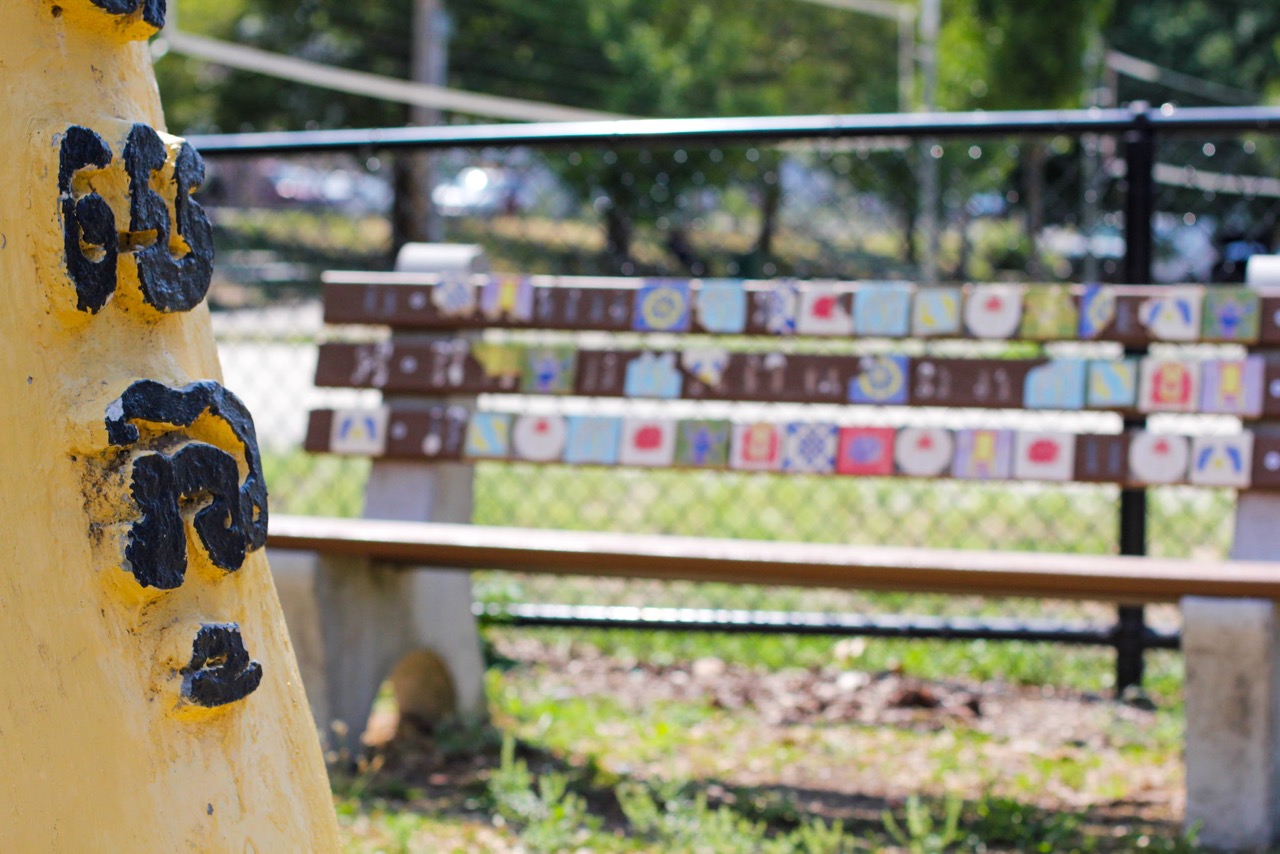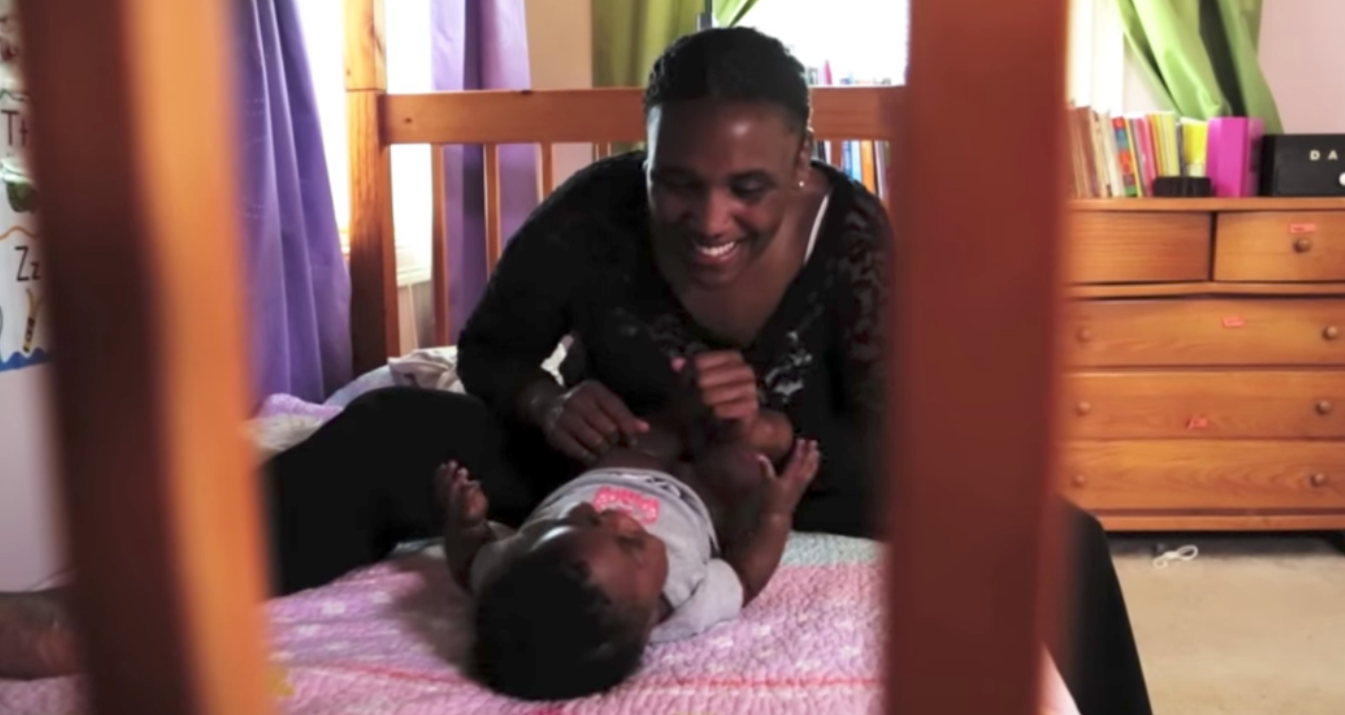Resident LLAMAs banded together during the pandemic.
LLAMA stands for Lifting Lowellians: Assistance and Mutual Aid.
Today, you can still connect and gain support through the Facebook page online.
Khmer Community Group
Close-knit after years of meetings and organizing by long-time Family Advocate, Soady Ouch, members of the Khmer Community Group enjoyed learning and socializing together, as well as sharing needs and ways to meet them. For years they came together to:
Learn about programs and services in Lowell from free health care to community events and voter registration
Share individual needs that are not easily met by existing services such as offering support to a struggling young family, or translating mail from English to Khmer
Plan and coordinate social events, like Khmer New Year
After Soady, Mera Som supported this group. Mera also held office hours at the Cambodian Mutual Assistance Association for community members seeking information about health insurance options and can help clients make referrals for other needed services. Mera helped members discover unspoken needs, such as lack of comfort with technology and intersects with Lowell agencies on their behalf.
While Lowell Alliance staff doesn’t currently maintain this group, these members are still well connected to the CMAA network. This demonstrates our collective ability in community partnerships to remain flexible and connected even as changes come and go.
Census 2020
2020 Census education and outreach: As part of Lowell’s Complete Count Committee, Lowell Alliance is working to ensure that all Lowell residents participate in the 2020 Census through outreach and engagement with Lowell’s traditionally undercounted communities.
Results from the Census help direct the flow of millions of dollars of federal funding into our community every year. This funding goes to support our education system, health services, senior housing, first responders, and city infrastructure among many other critical services. For every Lowell resident who does not respond, that means $2000 less going into our community every year. Currently, Lowell’s response rate is around 54%. If the Census was to close now (July 2020), our city would lose out on approximately $123 million annually in federal funds.
Additionally, Census data helps inform local businesses, as the results will provide important data on the community including population trends and growth projections. Business owners rely on census results to make decisions, such as where to open new stores, restaurants, factories, or offices, where to expand operations, where to recruit employees, and which products and services to offer. (source: U.S. Census 2020)
Have you visited the Census website? Check out Lowell’s data profile here.
What data surprises you? Where do you think we can do better in 2030?
#Lowell Lines and why Lowell changed the voting system
Organizing the LHA Scattered Sites Tenants' Union
TENANTS' UNION - SALE OF AFFORDABLE HOUSING SCATTERED SITES
In 2017, the Lowell Housing Authority (LHA) developed plans to file paperwork by early 2018 that would allow them to sell 87 - 105 of the affordable housing units they manage - with the potential to relocate approximately 300 residents presently living in those units. Our door-to-door outreach to affected residents brought nearly 75 people to a meeting in June 2017 to learn more about the sales and their options as tenants. You can read more about that in our November 2017 newsletter here.
At the meeting - organized by Northeast Legal Aid, Northeast Justice Center, and Lowell Alliance - residents chose to form an association to solidify and advocate for their positions. A legal team comprised of Northeast Legal Aid and Northeast Justice Center has advised the LHA to include fair housing law in their application, and is working with Lowell Alliance to inform tenants of their rights and options.
Our advocacy throughout this process has resulted in some important changes on behalf of residents:
The Tenants' Union, formed after the initial meeting around this issue, is presently working on other housing issues in addition to the sale - unresponsive property managers, issues with their units that are not promptly or properly addressed, and difficulties communicating with neighbors about shared property.
At the request of the Tenants' Union, and in compliance with state guidelines, LHA surveyed residents on their preferences about the sale and relocation process.
By working directly with LHA, Lowell Alliance helped to negotiate: A reduction in the total number of units sold; an increase in the percentage of housing offered for sale to nonprofits, from 30-50% to 100%; and a multi-lingual public information session for affected residents on how vouchers work.
WORRIES OVER LOWELL HOUSING AUTHORITY UNIT SALES.
A recent article in the Lowell Sun highlights residents' concerns about the scattered sites sales and potential displacement of their families.
Key to the residents interviewed is the "ecosystem" they enjoy in downtown Lowell, including the ability to walk to the high school and nearby stores, access to needed services, and the close proximity of neighbors who can support each other.
The tenants' union has helped provide these residents with a more unified voice during the process, including the request that LHA survey residents to determine their preference around the sale (e.g., who prefers to stay, who would like to move.)
A plan that factors in the diverse needs and experiences of residents will create a smoother transition, and build stronger community relationships in the city
Parent Cafes
How do parents learn and grow?
One important way is by sharing personal experiences around parenting, which can build a sense of community and reduce stress. Through shared experience, parents not only learn from each other, they also gain insight about strategies they can use in the context of their own family dynamics.
Parent Cafes combines this important connection among parents with learning more about the Five Protective Factors, to help emphasize: Parental resilience, the importance of having friends and a support network, understanding how children grow and develop, and discovering how to help children handle their feelings.
In early 2018, Lowell Alliance hopes to hold the City's first Parent Cafe for parents at Greenhalge Elementary School, in partnership with school staff and the NFI Family Resource Center of Lowell. In four evening sessions, parents will gather in small groups to discuss questions like the ones listed above, develop a larger support system, and consider new ways of meeting challenges as parents.
Boston Basics/ Lowell Basics
The Boston Basics are five simple but powerful principles that encompass much of what experts believe is important for children from birth to age three. These include:
Maximize love, manage stress
Talk, sing and point
Count, group, and compare
Explore through movement and play
Read and discuss stories
The Boston Basics coalition of organization and individuals promotes these evidence-based principles to parents and caregivers throughout the city of Boston, to help make sure every child there gets a great start in life.
After inviting Boston Basics founder Ron Ferguson to introduce the model and process to Lowell agencies, Lowell Alliance formed a committee of early childhood development specialists and other services providers to explore creating a "Lowell Basics" campaign to benefit Lowell's families and children. A successful campaign similar to Boston Basics would involved a commitment from key stakeholders across the city - including health care providers, small businesses, schools and libraries - to engage families and help spread the message of the five principles. There has been interest to pursue this over the years. We will provide updates on our progress if and when something is formed.
View the short video introducing the Boston Basics here.
The Boston Basics - Five fun and simple ways parents and other caregivers can help give every child a great start in life.
Know Your Rights
In response to federal changes to immigration policy, Lowell Alliance hosted a 2017 presentation in partnership with the Massachusetts Immigrant and Refugee Advocacy Coalition (MIRA) to "train the trainers" about the rights of immigrants and refugees regardless of their status, and how to ensure those rights are protected.
The Know Your Rights workshop provided information about how to prepare for interactions with local and federal law enforcement. We continue to monitor changes in immigration policy and will offer additional information and resources to residents as needed.
Want to become a contributor?
Do you have experience writing articles, are a great photographer or have a topic in mind? We’re always interested in featuring stories from the community.
Contact us today!






